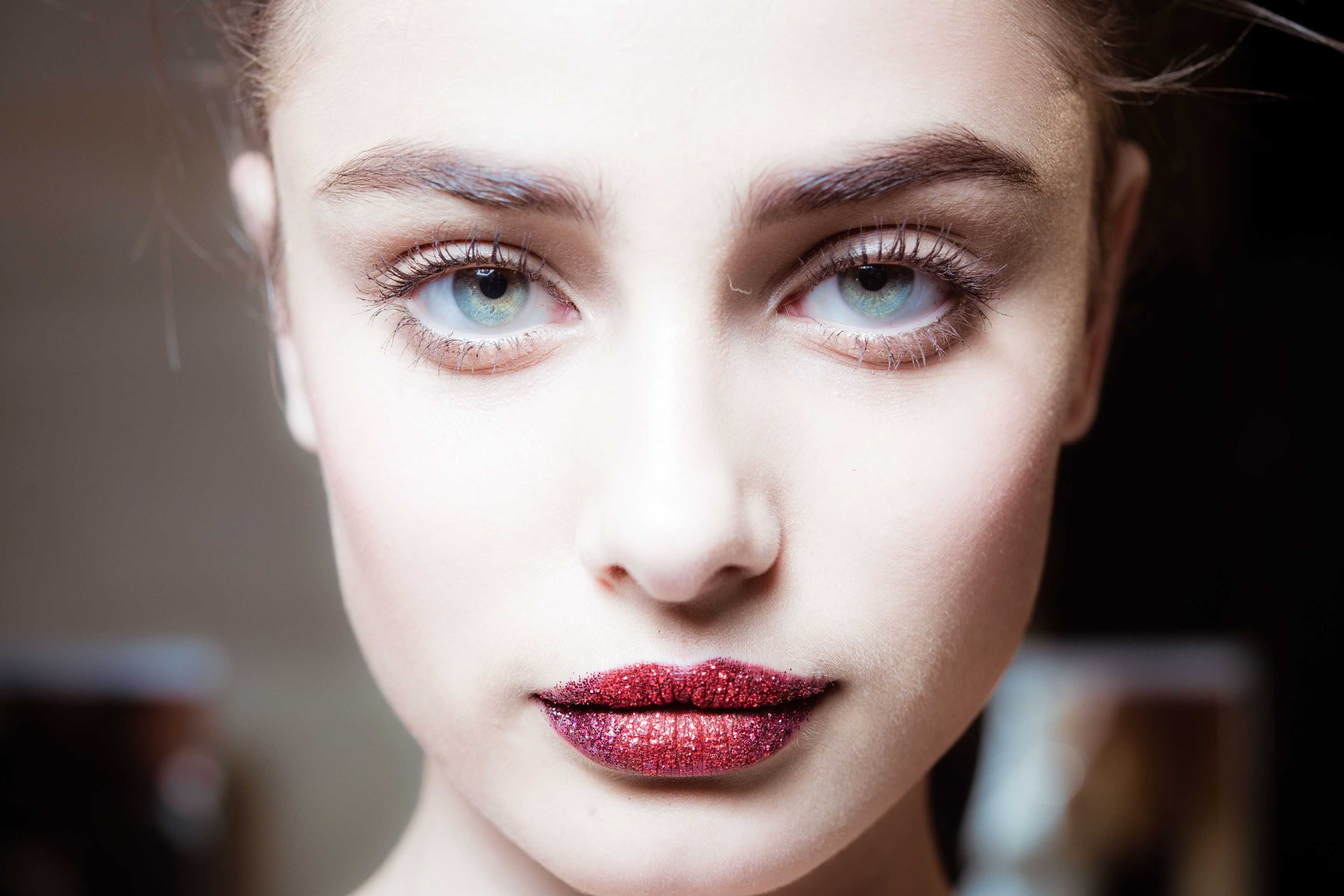Becoming a successful makeup artist requires more than just a love for cosmetics. For makeup artists, it means mastering a range of skills beyond applying makeup. Whether working with brides, models, or everyday clients, having the right skills is essential. It’s the key to thriving in the beauty industry. In this blog, we'll discuss the essential skills every makeup artist should master. These skills will help create flawless looks and build a lasting career.
1. Mastery of Makeup Artists Techniques
A makeup artist’s expertise starts with mastering different techniques. From applying foundation to detailed contouring, they need to know what works for various face shapes, skin tones, and styles. Blending products smoothly, layering without creating a cakey look, and using the right tools are key. Brushes, sponges, and other tools play a big part in the final result.
Staying on top of trends is also important. The beauty world changes fast, with new techniques like airbrushing, cut-crease eyes, and the dewy skin look. Artists need to stay updated to offer the latest styles to their clients.
2. Knowledge of Skin Types and Conditions
A great makeup artist knows all about different skin types and conditions. Before starting, they check the client’s skin to pick the right products. Oily skin needs mattifying options, while dry skin requires hydrating ones. Tailoring the makeup to fit both the client’s features and skin type is a must-have skill.
They also understand skin issues like acne, rosacea, and hyperpigmentation. This helps them offer the best solutions. For example, they learn how to hide blemishes without drawing attention and how to handle sensitive skin with care.
3. Color Theory and Matching: Makeup Artists
Understanding color theory is one of the most important skills in makeup. Makeup artists must know how different shades work together. This knowledge helps enhance the client’s features. They should identify whether a client has a warm, cool, or neutral undertone. Then, they can match foundation, concealer, and other products accordingly. Choosing the right blush, eyeshadow, and lipstick that harmonizes with the client’s skin tone can elevate a look from average to amazing.
Color theory also plays a role in correcting imperfections. For instance, a green color corrector can neutralize redness. A peachy tone can counteract dark circles. Mastering complementary colors helps balance and enhance a client’s natural beauty. This skill is key to success in the makeup profession.
4. Time Management and Efficiency
Time management is a critical skill for makeup artists. This is especially true when working on set, at weddings, or during events. Clients often have tight schedules. Makeup artists must deliver flawless results within a limited time frame. They need to work quickly and efficiently while maintaining high quality.
For example, bridal makeup should be finished early in the day. This allows time for hair styling, photography, and other preparations. If a makeup artist is slow or unorganized, they can disrupt a carefully planned schedule. Therefore, mastering time management is essential.
5. Communication and Active Listening
Makeup application is a visual skill, but communication is just as important. A makeup artist must communicate effectively with clients to understand their needs, preferences, and expectations. They should ask the right questions and listen carefully. This builds trust between the makeup artist and the client.
For example, if a client says they want a "natural look," the makeup artist should ask follow-up questions. They need to clarify what the client means. Does the client want minimal makeup with neutral tones, or soft glam with subtle enhancements? Active listening helps the makeup artist deliver exactly what the client envisions.

6. Creativity and Adaptability for Makeup Artists
Makeup artistry is a creative field. Makeup artists must think outside the box. Each client is unique. Artists should adapt to different requests, face shapes, and styles while making clients feel beautiful. Creativity plays a big role when working with various products and tools to achieve the desired look.
Makeup artists must also be adaptable and flexible. They often face unexpected challenges. If a product runs out or the lighting changes, they need to find quick solutions. This is important for maintaining the final result. Whether in high-pressure environments like photoshoots or last-minute weddings, adaptability is crucial for success.
7. Hygiene and Sanitation Practices
Good hygiene is essential in the makeup industry. Makeup artists work closely with clients’ faces, so they must keep their workspace clean. This helps prevent infections and irritation. They should sanitize brushes, sponges, and makeup products after each use. Regularly washing hands is also important for personal hygiene.
Clients trust makeup artists to maintain a clean and professional environment. If they fail to do this, it can lead to negative feedback or even harm to the client’s skin. Learning and applying proper sanitation practices will help build a makeup artist's reputation. It will also ensure the safety of clients.
8. Business and Marketing Skills for Makeup Artists
Many makeup artists choose freelancing as a popular career path. They need to master makeup applications and understand how to run a business. Freelance makeup artists should know how to market their services, manage finances, and handle bookings efficiently.
To grow their makeup business, they must build a strong portfolio, use social media to showcase their work, and network with potential clients. Additionally, they should understand contracts, pricing, and budgeting to manage their careers successfully in the long run.
9. Patience and Attention to Detail
Patience plays a crucial role in makeup artistry. This is especially true when working on intricate designs like bridal makeup or theatrical looks. Techniques such as creating a perfect winged eyeliner or seamlessly blending eyeshadow need a high level of precision. Rushing through these steps leads to sloppy outcomes. Taking the time ensures the best results for clients.
Attention to detail is just as important. Small elements, like filling in eyebrows correctly or applying the right amount of blush, can significantly impact the final look. Clients appreciate makeup artists who take the time to perfect every detail. This results in a polished and professional appearance.
10. Confidence and Professionalism
Finally, confidence and professionalism are vital skills for every makeup artist. Clients view makeup artists as experts. Projecting confidence in your abilities helps build their trust. Even if you're new to the industry, showing professionalism and a positive attitude creates a lasting impression.
Makeup artists must maintain a professional demeanor at all times. This includes showing up on time and respecting clients' boundaries. A friendly yet professional attitude helps establish strong working relationships. These relationships can lead to more opportunities and a loyal client base.
Conclusion
To succeed in the beauty industry, a wide range of skills must be mastered by every makeup artist in Noida. Color theory and effective communication should be well understood. Each skill is crucial in providing the best service to clients. Whether just starting out or refining expertise, these skills must be developed. This will ensure a strong presence in the competitive world of makeup artistry.



